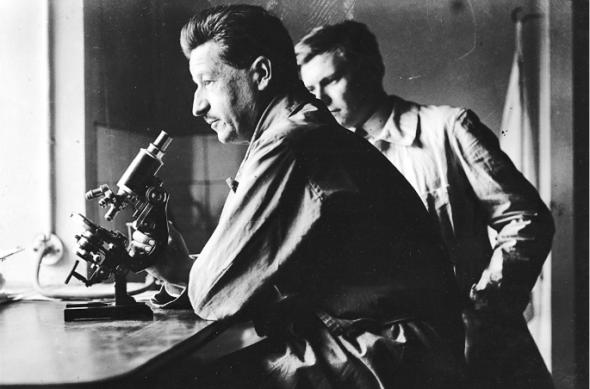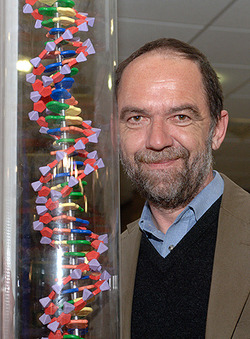Early Pioneers Dr. Edmond Locard (1872-1966) Locard is famous for his forensic theory, "Locard's Exchange Principle." It has been used many times in the world of forensic science. In essence, "this principle is applied to crime scenes in which the perpetrator(s) of a crime comes into contact with the scene, which in turn tranlates that the perpetrator(s) will both bring something into the scene and leave with something from the scene." (Citation 11) Dr. Hans Gross (1847-1925) Gross' book, Criminal Investigations: A Practical Textbook for Magistrates, Police Officers and Lawyers (1906), is his most notable achievement. It described a different way of conducting criminal investigations. It changed the way investigations were done. (Citation 11) Francois Vidocq (1775-1857) Vidocq was first a criminal, before he switched sides and became the head of the first ever private detective agency. He implemented undercover police, criminalistics, and ballistics. He made some of the first ever molds for comparisons. (Citation 11) |
 Dr. Edmond Locard at work. (Image 15) |
|||
Home | History | Innovators | Crime Scene Analysis | DNA Testing | Toxicology | Criminalistics | Autopsy | Citations |
||||
